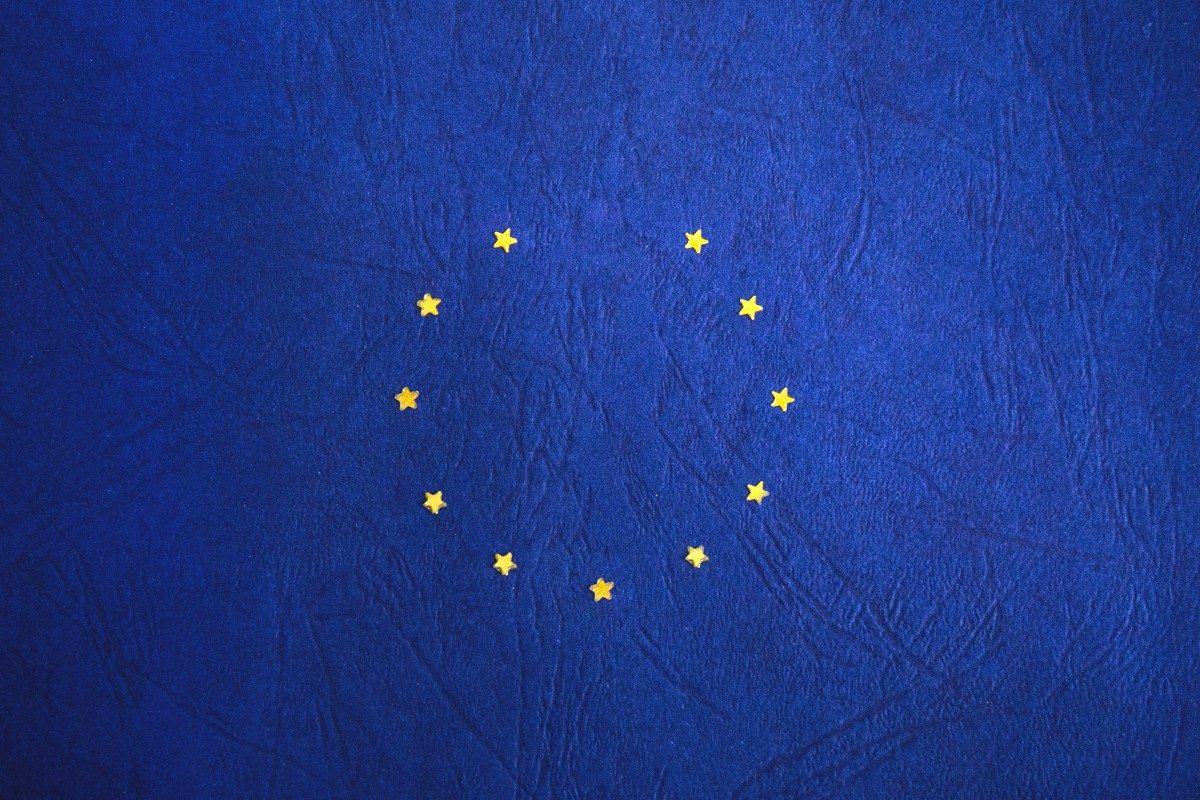 Flickr image/freestocks.org
Flickr image/freestocks.org
Brexit: The Road So Far
In June of 2016, the United Kingdom held a referendum on whether to leave the European Union; with an affirmative decision, the British government began the process of withdrawing. Several months later, on March 30, 2017, Britain formally triggered Article 50 of the Lisbon Treaty to initiate the two-year exit process, setting them on track for automatic departure on March 29, 2019. With negotiations on how to separate currently in full swing, it is an interesting time to revisit some of the surrounding issues to examine what has changed and what has become more pressing.
This past March, EU leaders agreed upon a 21-month post-Brexit transition period. Seemingly, things would not be very different for the UK during this time, as the big details would remain the same; Great Britain would still adhere to EU regulation and remain in the bloc’s single market. However, finalizing the details of the withdrawal will certainly have implications for the transition period.
Most recently, the Irish border dilemma has been the biggest question mark for the transition deal. When the United Kingdom does finally leave, the border between Northern Ireland and the Republic of Ireland will be the only landlocked border between the UK and EU. This obviously raises many questions about the movement of peoples, goods, and services across the border. Carefully negotiating this issue is key for the United Kingdom, as EU leaders have said that approval from the Irish government on this issue is contingent upon reaching an agreement.
The Irish border issue is even more pressing as the EU is seeking a resolution or at least significant progress from the UK by June for the 21-month transition period to be approved. In December, the EU and UK agreed on three possible scenarios:
- A comprehensive trade deal.
- A special arrangement for Northern Ireland involving new technology at the border, or new customs arrangements.
- The ‘backstop’ arrangement, which would essentially mean the UK would remain in the single market and continue to abide by EU rules. The UK has initially rejected the ‘backstop’ solution but has not yet offered an alternative.
The EU only negotiates trade deals as a bloc, as a stipulation of the single market, and one of the larger bombshells to come out since activating Article 50 is Theresa May’s declaration that the UK will not remain in the single market. This is a risky notion, but it makes sense considering the UK will need the freedom to negotiate its own bilateral trade deals elsewhere. However, considering the intertwined nature of both the EU and UK economies, it would be devastating for the UK to lose tariff-free access to the EU’s market. Would there be some sort of free trade agreement outside the common market?
Both negotiators face painful decisions. If the EU does decide to punish the UK post-Brexit, it may prove a self-inflicted wound; but for the UK, there is no conceivable combination of bilateral trade agreements in other parts of the world that could fill the EU-sized hole. There was some talk of a potential trade deal between the UK and the United States as a counterweight to a potential Brexit loss. However, British leaders are seeing that the US’ current protectionist malaise may make a generous deal hard to come by. The UK’s leverage over the EU will only decrease as March 29, 2019 approaches. If Theresa May hopes to mitigate a potential economic downturn, she may be forced to take whatever the EU offers.
To make matters more interesting, the divorce could have implications for U.S. foreign policy. Historically speaking, the US has enjoyed having a close ally with an influential seat at the EU table, which we will no longer have when the UK leaves. However, the budding relationship between President Trump and French President, Emmanuel Macron has raised the possibility of France replacing the UK as America’s go-to in Europe. The two world leaders were reported to have worked very closely while overseeing the recent airstrikes carried out by the US, UK, and France against Syria. Macron’s visit to Washington this week may bring more evidence of closer US-France cooperation. Of course, it is too soon to tell if President Trump and Macron’s burgeoning relationship will offset the diminishing role of the UK.
In all this, it is clear that there is a long and winding road ahead for the UK. There will be a great deal of uncertainty over the next year as the withdrawal is negotiated. From a practical standpoint, the British government has significantly less time to devote to other policy areas. In this sense, the UK has not been able to focus on anything else since June 2016, and this political disruption will likely get worse through March 2019.





